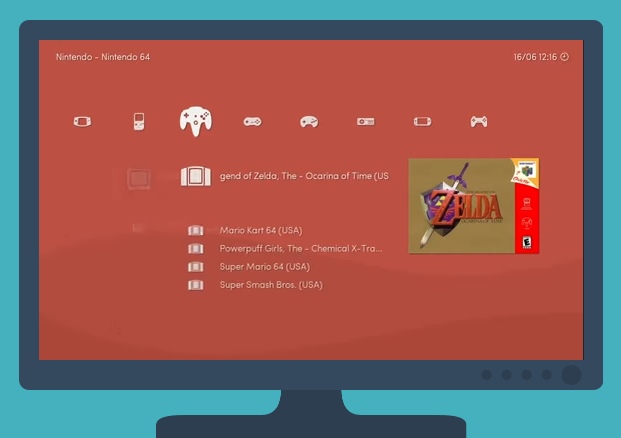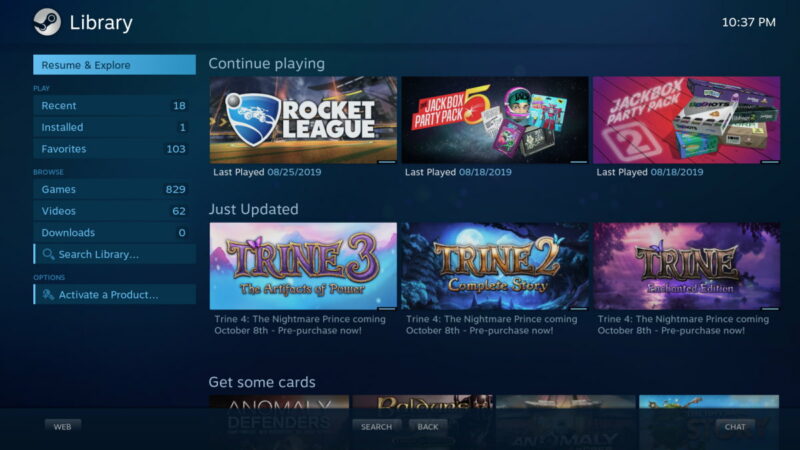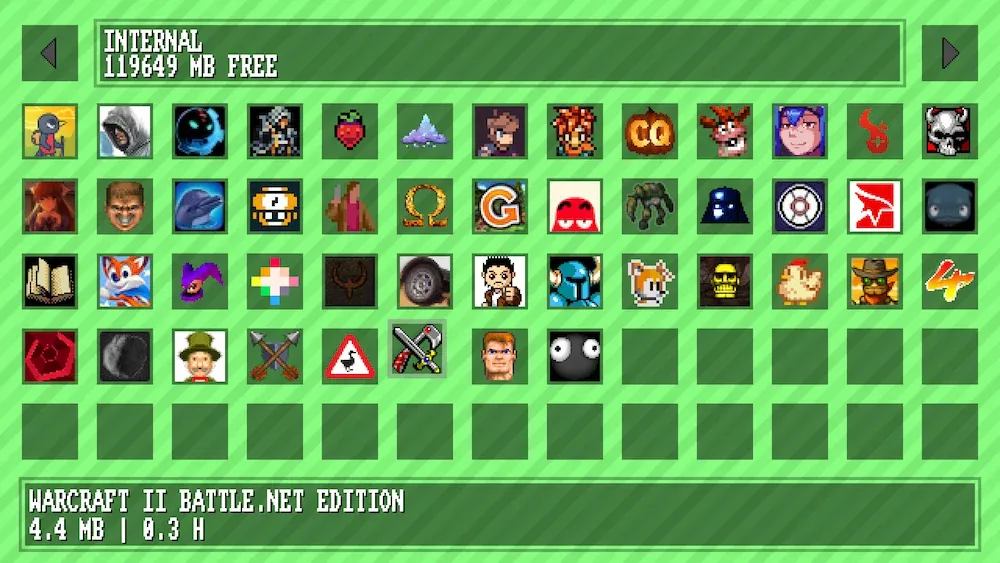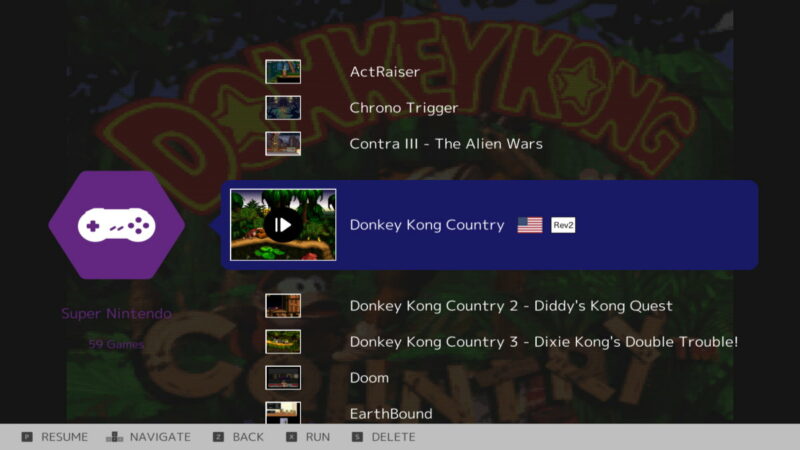
Not everyone can afford a gaming console. And not everyone wants to play the latest AAA games. Sometimes, all you want is to experience the 8-bit games from the olden days.
Linux helps. There are dedicated Linux distributions that allow you to convert your computer to a retro gaming console.
Some of these distributions also support Raspberry Pi. So, it can be one of your Raspberry Pi project ideas if you want to put some good use to it.
Let's see these retro gaming Linus distros.
1. Batocera.linux
A perfect open-source retro-gaming distribution that can work via a USB or an SD card. This enables you to convert any type of computer to your personal retro gaming machine in no time.
In fact, it is also one of the best Linux distributions for gaming.
In other words, it is a plug-and-play distribution that lets you play any of the retro games you own. It features a powerful emulator to help you run supported games along with knumerous features to customize shaders, themes, etc.
You can check its official compatibility list to know the supported emulated games. You should find plenty of supported games to get started.
Note that it does not include any games, you will have to ensure that you own/have the game files that you want to run. For more information, you can explore its GitHub page.
2. Lakka

Lakka is a lightweight Linux distribution that can transform your computer/Raspberry Pi into a retro gaming console.
Note that it is the official Linux distribution of RetroArch and libretro ecosystem. Both combined give you a usable retro gaming experience.
It offers a nice, minimal user interface to let anyone comfortably use the distro. Like the previous option, you can install it on your USB flash drive or the SD card. The project says that it is under heavy development, but is a popular option for playing retro games.
3. RetroPie

One of the easy projects to put your Raspberry Pi for some good use.
RetroPie is a Linux distribution tailored for Raspberry Pi but also supports ODroid, and PCs to help you convert it into a retro gaming machine.
It is based on Raspbian, EmulationsStations, and uses projects like RetroArch to give you the experience of a home console with minimal setup.
If you like customizing your setup, it also allows a variety of configuration tools for advanced users.
For instance, you also use Kodi from within it by installing it from the menu. Of course, you might want to look at some media server tools if you want specifically for entertainment and movies.
You can grab the RestroPie image to get started on your system or install it on top of Raspbian, as you prefer.
4. ChimeraOS

For a change, if you want to play modern games along with the support for retro consoles from a single platform, ChimeraOS can help you out.
While it starts with a Steam picture mode to give you the convenience, you can also play games using GOG, Epic Games Store, and Flathub as well.
It should be an interesting option to try if you haven’t already. Head to its GitHub page to know more.
5. Kazeta

New kid on the block! And it has made a great entry with so many news outlets covering it.
Kazeta aims to bring the console gaming experience of the '90s to modern PC hardware and games. You remember those days of inserting carts, powering on the console, and playing? Even if you don't you can enjoy it Kazeta.
This is rather a new project and its system requirements are a bit ambiguous. For a distro aiming to provide experience for retro gaming from the 90s, it asks relatively more modern hardware. I have an Acer Predator with Nvidia 1080, but it requires a minimum 1600 series.
Still, it is a promising distro and worth giving a try. Find more details on the project website.
Possibly Discontinued: Retro Home

An unofficial Ubuntu-based Linux distribution for Raspberry Pi by the creator of Ubuntu MATE. It supports Raspberry Pi 2, 3, 4, and 400 as of now. You can also boot from USB.
It utilizes Ludo to present a minimal frontend to work with the emulators.
You can find the images in its GitHub releases section. Additionally, a script is available that builds Retro Home images. If you are curious to give it a try, you can check out its GitHub page to know more.\
Wrapping Up
You can always use game emulator programs, or directly play games using Steam, Lutris, or more (refer to our gaming guide if you’re new to gaming on Linux).
However, it is always a different experience when you convert your entire system to a console-like experience using some of these Linux distributions. And, what’s more exciting than a retro game console powered by Linux?
Have you tried out any of the mentioned options? Did we miss any of your favorites? Let us know in the comments.

